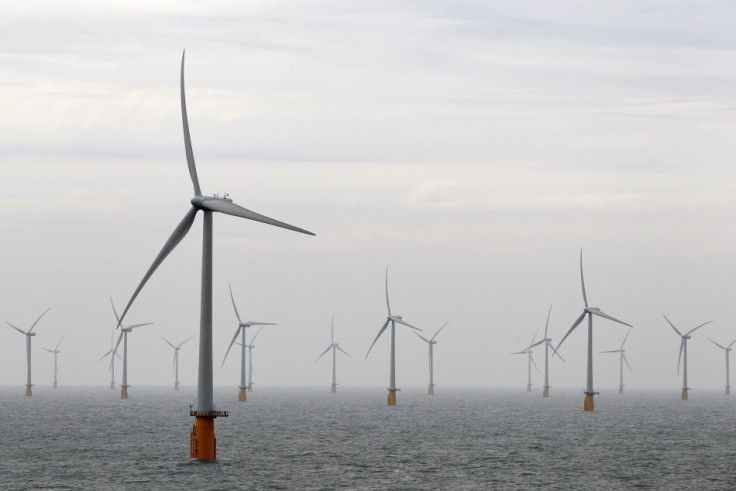UK Renewable Energy Sector Divided Over Government's New Subsidies

The UK's renewable energy sector has received a £100m increase in government subsidies, after Energy Secretary Ed Davey increased the budget to £300m.
The increase on the £200m announced in July's indicative budget will, said Davey, help "transform the UK's energy sector, dealing with a legacy of underinvestment to build a new generation of clean, secure power supplies that reduce our reliance on volatile foreign markets".
It's part of Britain's plans to cut greenhouse gas emissions by 80% from 1990s levels by 2050. The extra subsidies will be awarded to low-carbon electricity projects, bid for at auctions and distributed on 15-year contracts. The auctions will be held between 16 and 30 October.
Davey's scheme has been billed "contract-for-difference (CfD)" – meaning the seller of the power will pay the buyer the difference between the value of the energy when purchased and its value at contract time.
It's a departure from the standard Renewables Obligation Certificates, which obliged suppliers to source an increasing proportion from renewable sources. In essence, rather than obliging power companies to supply renewable energy, the government is seeking to strengthen renewables producers, so that they can compete with traditional forms of energy. The CfD model will come into effect next April.
Davey heralded the new scheme, saying: "Average annual investment in renewables has doubled since 2010 – with a record-breaking £8bn worth in 2013. By making projects compete for support, we're making sure that consumers get the best possible deal as well as a secure and clean power sector."
The Department for Energy and Climate Change (DECC) has outlined that of the £300m, £65m will go towards more ingrained renewable sources, such as onshore wind and solar, with more nascent and underdeveloped technologies, the likes of offshore wind and tidal, competing for £235m.
This has led some lobby groups to complain that the bidding is lopsided and doesn't represent value for money, since the majority of the subsidies will be pumped into sectors that are less tried and tested.
The Solar Trade Association has accused the coalition government of "risking its own coalition" by cutting "large-scale solar out of Renewables Obligation two years early".
Brian Barwell, STA chief executive, has accused the new system of being "unfair and unjustified discrimination". He said: "The large-scale solar sector has been in shock since DECC's consultation was announced back in May. Solar has been the rising star in the coalition's renewable energy programme and has been championed recently by the prime minister at the UN and by ministers at conference.
"Why is the UK government putting this industry's incredible achievements on solar power at risk? To curtail its growth now is just perverse and unjustified on budgetary grounds – solar has only consumed around 1% of the Renewables Obligation budget."
The lobby group that represents the UK's wind and marine energy sectors, Renewable UK, however, has welcomed the government's shift in strategy, saying it is "good news for the industry's future".
Director of Policy Gordon Edge said: "Today's news is a curate's egg. Of course the extra funding is welcome as it will help us to install much-needed extra capacity – it's always good to see DECC putting their money where their mouth when it comes to supporting clean energy. But there's a sting in the tail.
"The reduction in the all-important reference price of electricity means that the extra budget doesn't go as far, so when you weigh the good news of the extra funding against the bad news on the reference price, offshore wind developers will end up only slightly better off and onshore wind developers end up in about the same place as they were under the original budget. It just goes to show that when announcements like this are made, it's always worth reading the small print carefully to get the full picture."
© Copyright IBTimes 2025. All rights reserved.






















